John Orrell
TPF Noob!
- Joined
- Nov 16, 2004
- Messages
- 156
- Reaction score
- 0
Just wondering what the general consensus was on skylight filters, i.e.: do you think they adversely effect the quality of your photos?
On the whole I leave the filters on permanently, as most photo books advise you to, but I've often wondered just how much this effects the overall quality of photos, especially if you've got a really hi-definition lens with slow film. I know for a fact when I put a skylight-filter to my eye the image is not quite as clear as without, and there's a very slight drop in brightness and change of hue. Surely the film will record this?
I cannot count the number of times I've come to take what I want to be a perfect shot and "um"ed and "err"ed over whether or not that skylight should go, to give the light the simplest possible path to the film for utmost clarity.
Obviously, this is not a consideration issue if you're using a filter for creative effect (say an ND or a poloriser)
What's the general consensus then?
On the whole I leave the filters on permanently, as most photo books advise you to, but I've often wondered just how much this effects the overall quality of photos, especially if you've got a really hi-definition lens with slow film. I know for a fact when I put a skylight-filter to my eye the image is not quite as clear as without, and there's a very slight drop in brightness and change of hue. Surely the film will record this?
I cannot count the number of times I've come to take what I want to be a perfect shot and "um"ed and "err"ed over whether or not that skylight should go, to give the light the simplest possible path to the film for utmost clarity.
Obviously, this is not a consideration issue if you're using a filter for creative effect (say an ND or a poloriser)
What's the general consensus then?


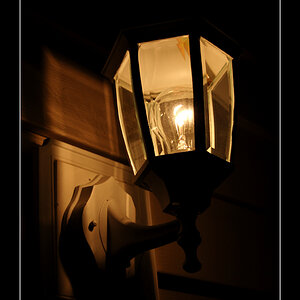
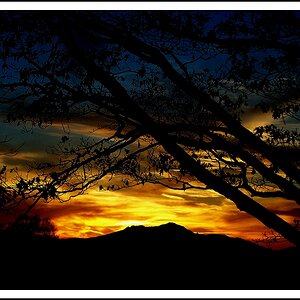
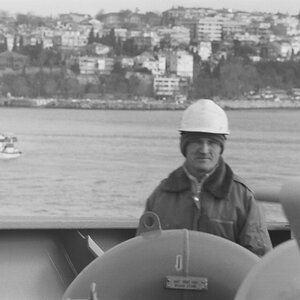
![[No title]](/data/xfmg/thumbnail/39/39290-dfb3e819bd94a7f30797638ae1ae27cf.jpg?1619738958)
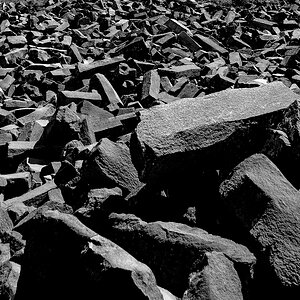
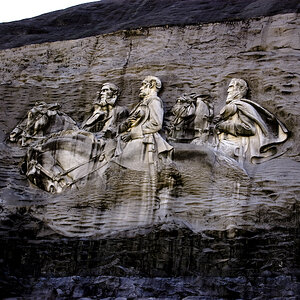
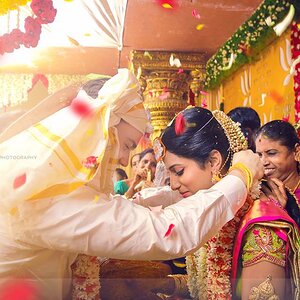
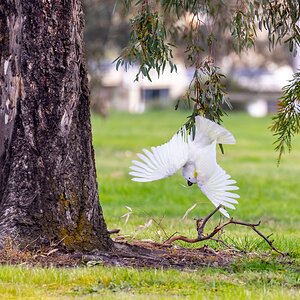
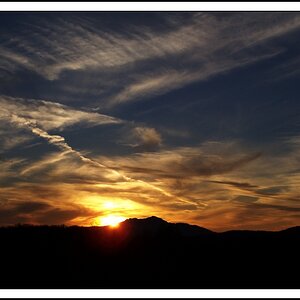
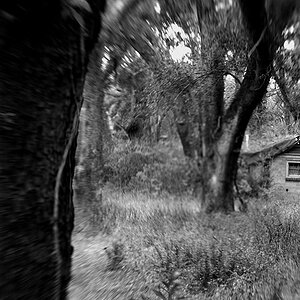
![[No title]](/data/xfmg/thumbnail/39/39286-ae386da044402acf92e55d8b68c26af3.jpg?1619738956)
![[No title]](/data/xfmg/thumbnail/39/39288-2d76486ccc9042c6fb525aaaaffff1fb.jpg?1619738957)